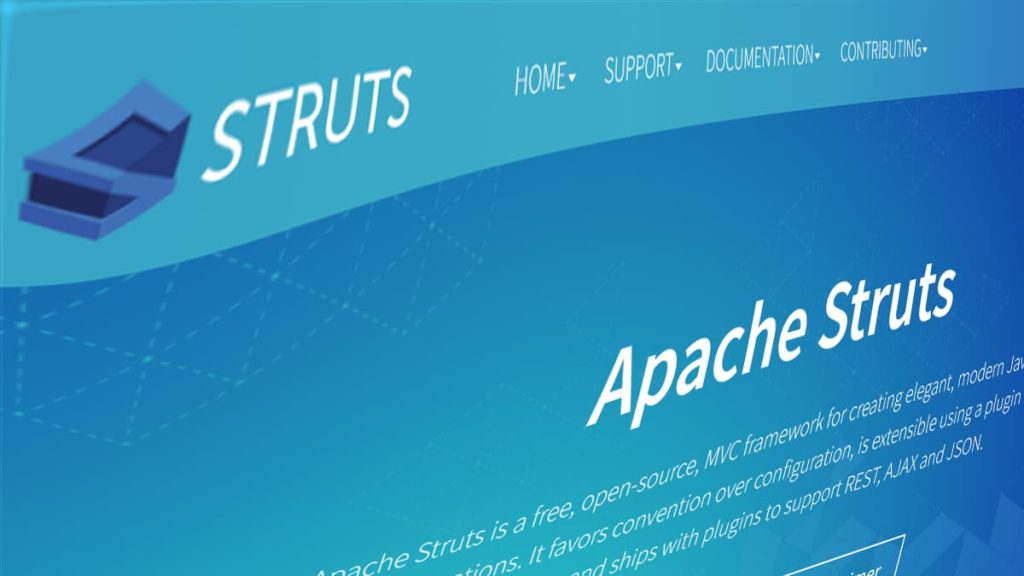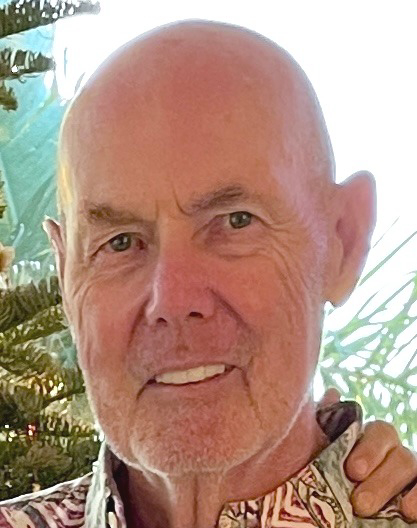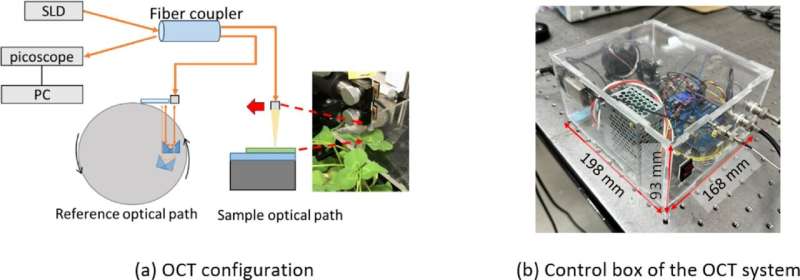A new startup affiliated with Cornell University is pioneering a novel approach to remote health monitoring by utilizing radio waves. SensVita aims to create a clinical-grade sensing platform capable of tracking heart and lung health from the comfort of home, all without wires, electrodes, or direct contact with the skin. This innovative technology represents a significant leap forward in the field of non-invasive health monitoring.
The initiative was launched this fall with SensVita’s admission to the Praxis Center for Venture Development, a Cornell-based incubator that supports engineering and science startups in their journey toward self-sufficiency. According to Bob Scharf, the academic administrative director at Praxis, “SensVita has a noncontact, passive way of monitoring cardiac activity and breath activity.” The company is particularly focused on patients who are typically challenging to monitor, such as those in memory care or neonatal units.
SensVita’s approach relies on near-field radio frequency sensing to detect subtle physiological movements within the body. By positioning sensors in a room, piece of furniture, or even within clothing, the platform continuously monitors essential cardiac and respiratory metrics without imposing any burden on patients. This capability allows for real-time data collection, providing valuable insights for both patients and healthcare professionals without the need for intrusive procedures.
The technology originated in the lab of Edwin Kan, a professor in the School of Electrical and Computer Engineering at Cornell. Kan’s research focused on developing near-field coherent sensing systems that leverage electromagnetic signals to detect internal bodily movements such as heartbeats and blood flow. Thomas Conroy, a Ph.D. candidate at Cornell, transformed this research into SensVita, which he founded in 2023.
“When I joined Cornell electrical engineering in 2019, I began working on noninvasive touchless health sensors,” Conroy explained. He noted that his journey included extensive research over five years, culminating in the establishment of SensVita. Scharf played a pivotal role in this journey, guiding Conroy through the process of incorporating the company and encouraging him to pursue entrepreneurship classes.
Conroy co-founded SensVita with his father, James Conroy, who brings valuable experience from the medical device industry. Their goal is to transition the sensing platform from a prototype to a commercially viable product that can be adopted by healthcare systems, chronically ill patients, and remote monitoring providers.
In addition to its participation in Cornell’s entrepreneurship ecosystem, which includes the Jacobs Technion-Cornell Institute at Cornell Tech’s Runway incubator program, SensVita secured a significant financial boost in February 2025. The startup won a $305,000 Phase I STTR grant from the National Science Foundation, aimed at advancing its technology towards pilot studies and eventual commercialization.
SensVita is targeting chronic disease management, focusing on conditions such as heart failure, chronic obstructive pulmonary disease (COPD), and sleep apnea—issues that necessitate frequent monitoring. The founders believe that continuous data collection can identify subtle declines in health before they necessitate costly hospitalizations.
The remote monitoring market is rapidly expanding, driven by the high costs associated with frequent hospital readmissions. “We are focused on people at high risk for going back to the hospital,” Conroy stated. SensVita aims to complement existing monitoring methods, such as ECGs and imaging, by providing a baseline of continuous monitoring that enhances patient care.
As investor interest in passive, noninvasive health technology grows, SensVita’s contactless model stands out, particularly in home settings, assisted living facilities, or for patients who may resist traditional wearable devices. Before the technology can be tested on human subjects, animal trials will be conducted to observe vital signs and changes in heart and lung health, facilitated by the access to Cornell’s College of Veterinary Medicine.
If successful, SensVita could become a key player in the burgeoning remote patient monitoring (RPM) sector. Many healthcare systems are beginning to reimburse RPM services, and the trend towards home-based care is accelerating. Scharf noted that SensVita’s no-contact approach offers a unique advantage in this competitive field, stating, “This is technology covered by multiple Cornell patents. Everyone acknowledges Cornell is the leader in this concept.” With the resources available through the Praxis Center, SensVita is well-positioned to develop and refine its innovative technology.







